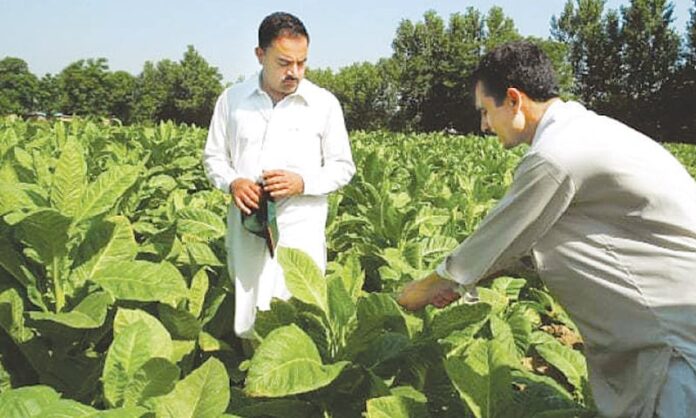- Advertisement -
PESHAWAR, Jan 15 (APP):Blue Veins and the Provincial Alliance for Sustainable Tobacco and Nicotine Control Khyber Pakhtunkhwa (PASTC-KP) have called upon the Khyber Pakhtunkhwa Health Department to introduce a PC-1 for Tobacco Control in the provincial budget for the Fiscal Year 2025-2026.
The proposed PC-1 would serve as a critical policy instrument to institutionalize and finance tobacco control measures, ensuring effective implementation of the KP Tobacco Control Roadmap, the Provincial Plan of Action, and Pakistan’s commitments under the WHO Framework Convention on Tobacco Control (FCTC).
Tobacco use is a major public health threat, causing life-threatening diseases like cancer, heart disease, and respiratory illnesses. It leads to premature deaths, strains healthcare systems, and increases economic burdens. Secondhand smoke harms non-smokers, including children. Effective tobacco control policies are essential to prevent addiction and protect public health.
Introducing this PC-1 will create essential governmental ownership of tobacco control efforts and provide the necessary resources for public awareness campaigns, enforcement of tobacco control laws, monitoring mechanisms, and capacity building of relevant stakeholders. Despite Khyber Pakhtunkhwa’s significant progress in advancing tobacco control policies, a dedicated budget line for tobacco control has hindered sustainable enforcement and expansion of initiatives to curb tobacco consumption.
Qamar Naseem, Program Manager at Blue Veins, emphasized the importance of integrating tobacco control into the province’s financial planning, stating: “The lack of a dedicated budget for tobacco control limits the province’s ability to implement long-term strategies to reduce tobacco consumption and its related health hazards.
By introducing a PC-1, the Provincial Health Department will reaffirm its commitment to protecting public health and ensure that the fight against tobacco use is well-funded and effectively enforced. A structured financial allocation will enhance implementation of the KP Tobacco Control Roadmap and strengthen compliance with international commitments under the WHO FCTC.”
Usman Afridi, a youth activist advocating for tobacco-free communities, highlighted the need for government-led interventions to protect the younger generation from tobacco addiction: “Young people in Khyber Pakhtunkhwa are at high risk of falling prey to tobacco and nicotine addiction due to aggressive industry marketing and easy availability of tobacco products.
The introduction of a PC-1 will enable the government to launch targeted interventions, protect youth from the harmful effects of tobacco, and create healthier communities.”

